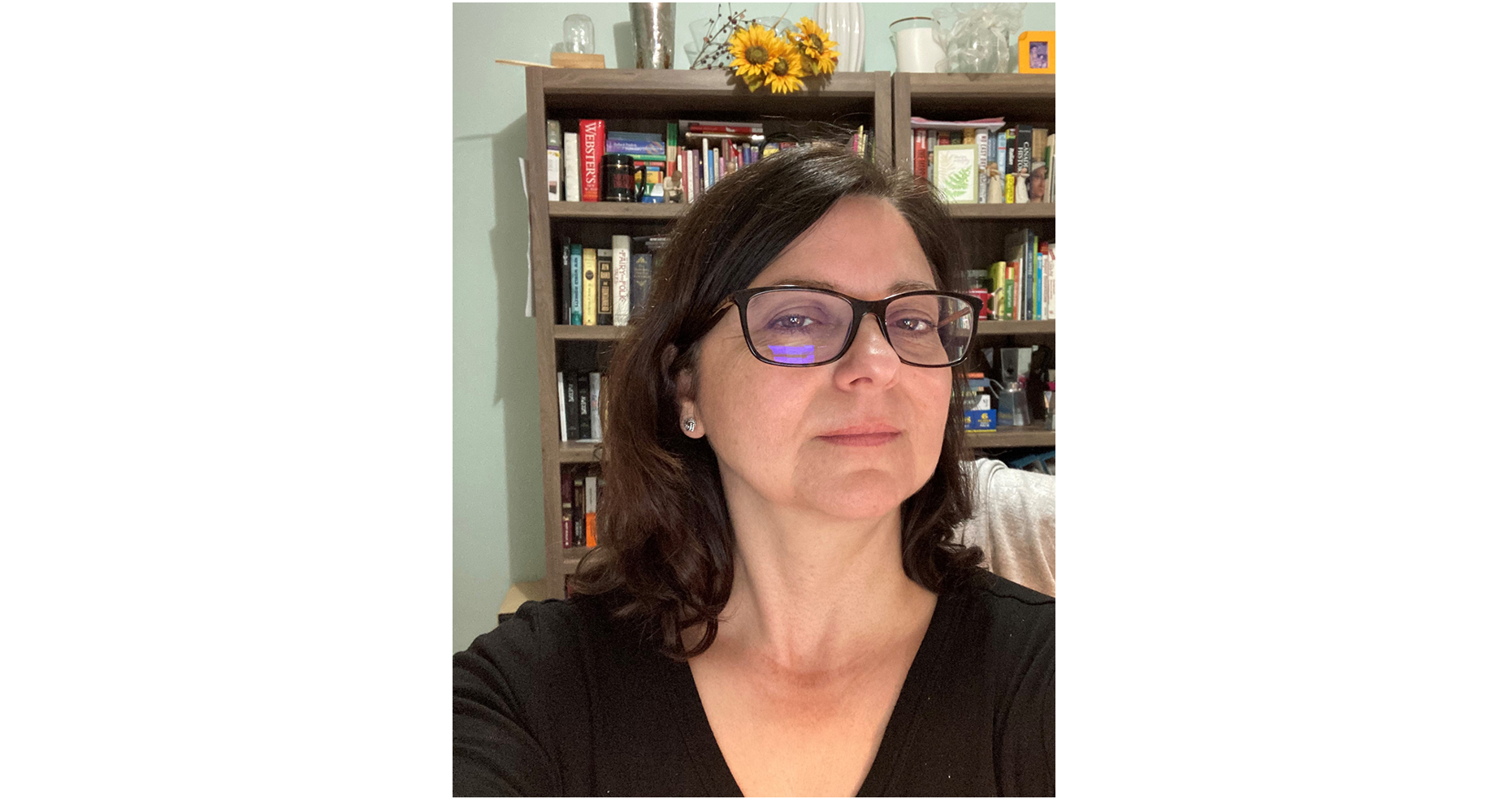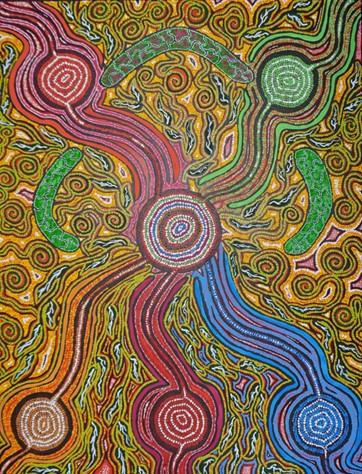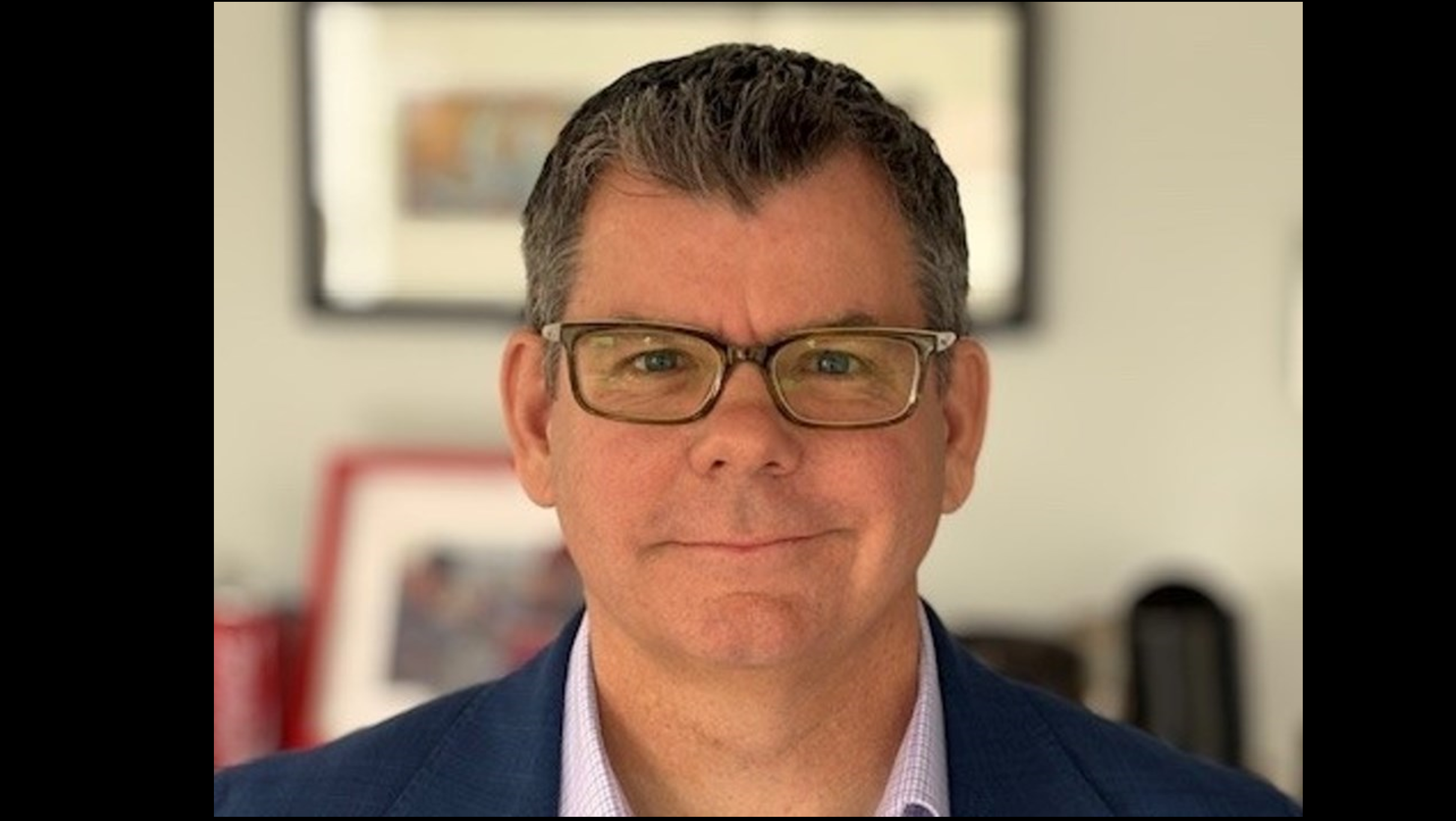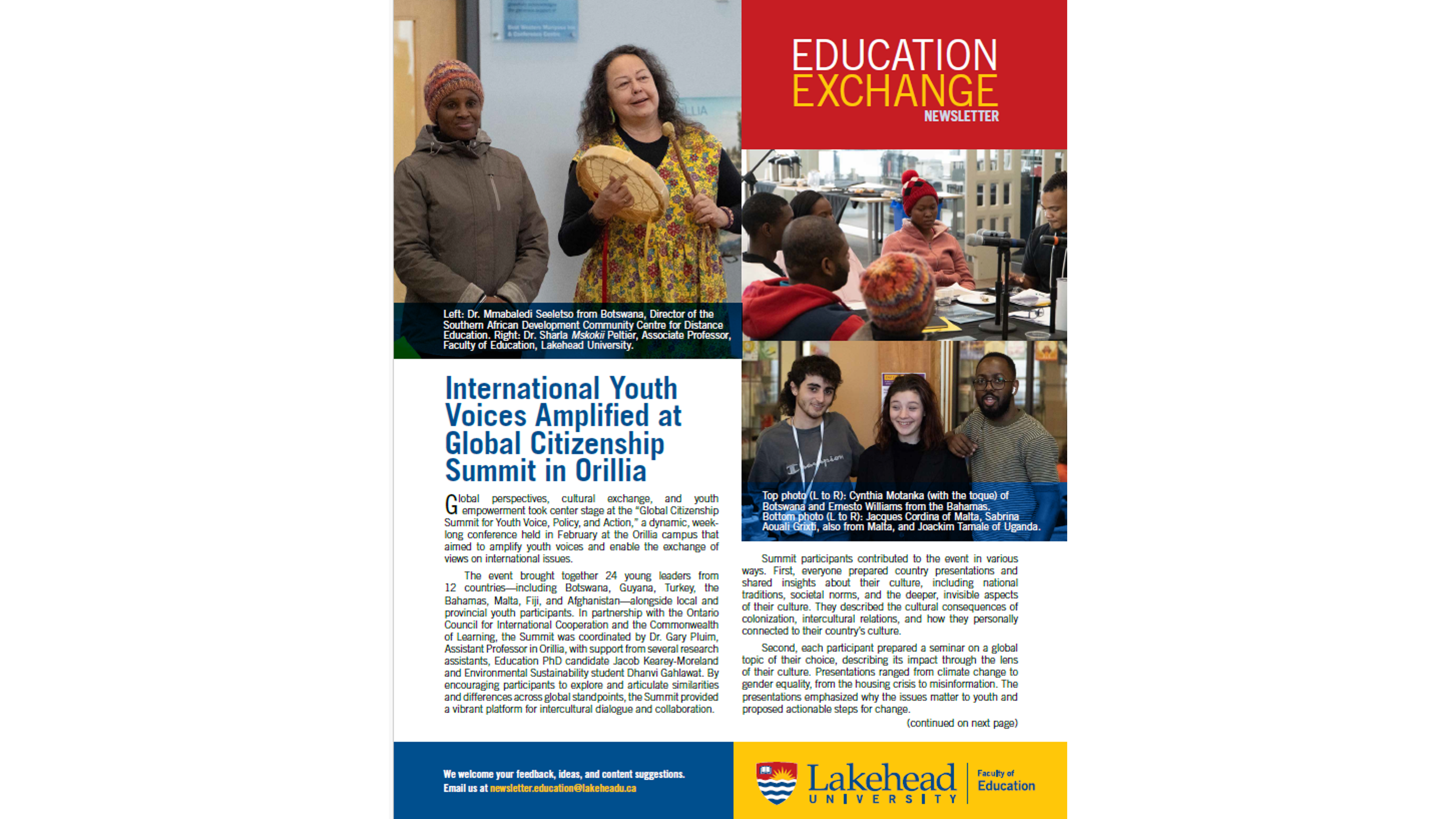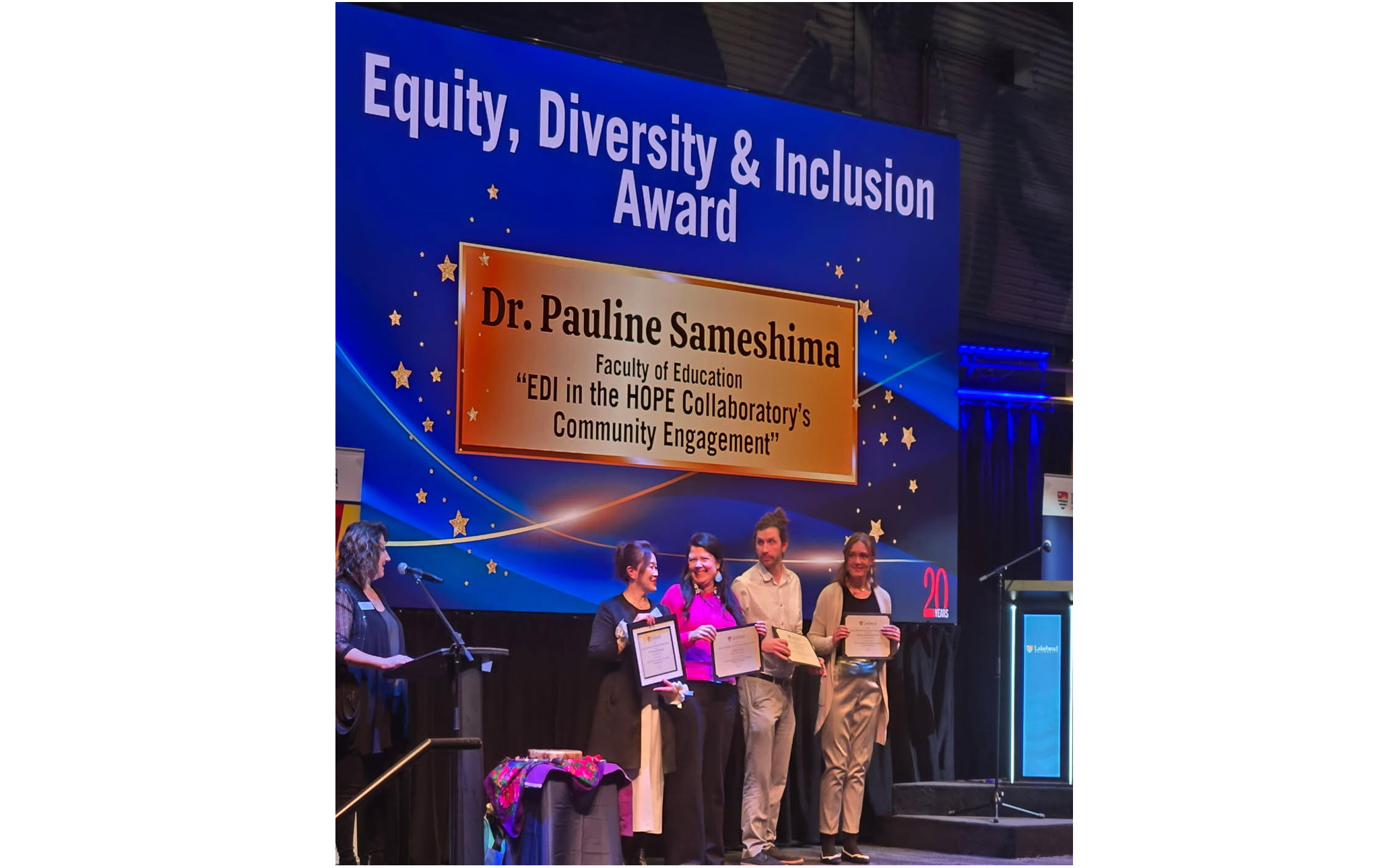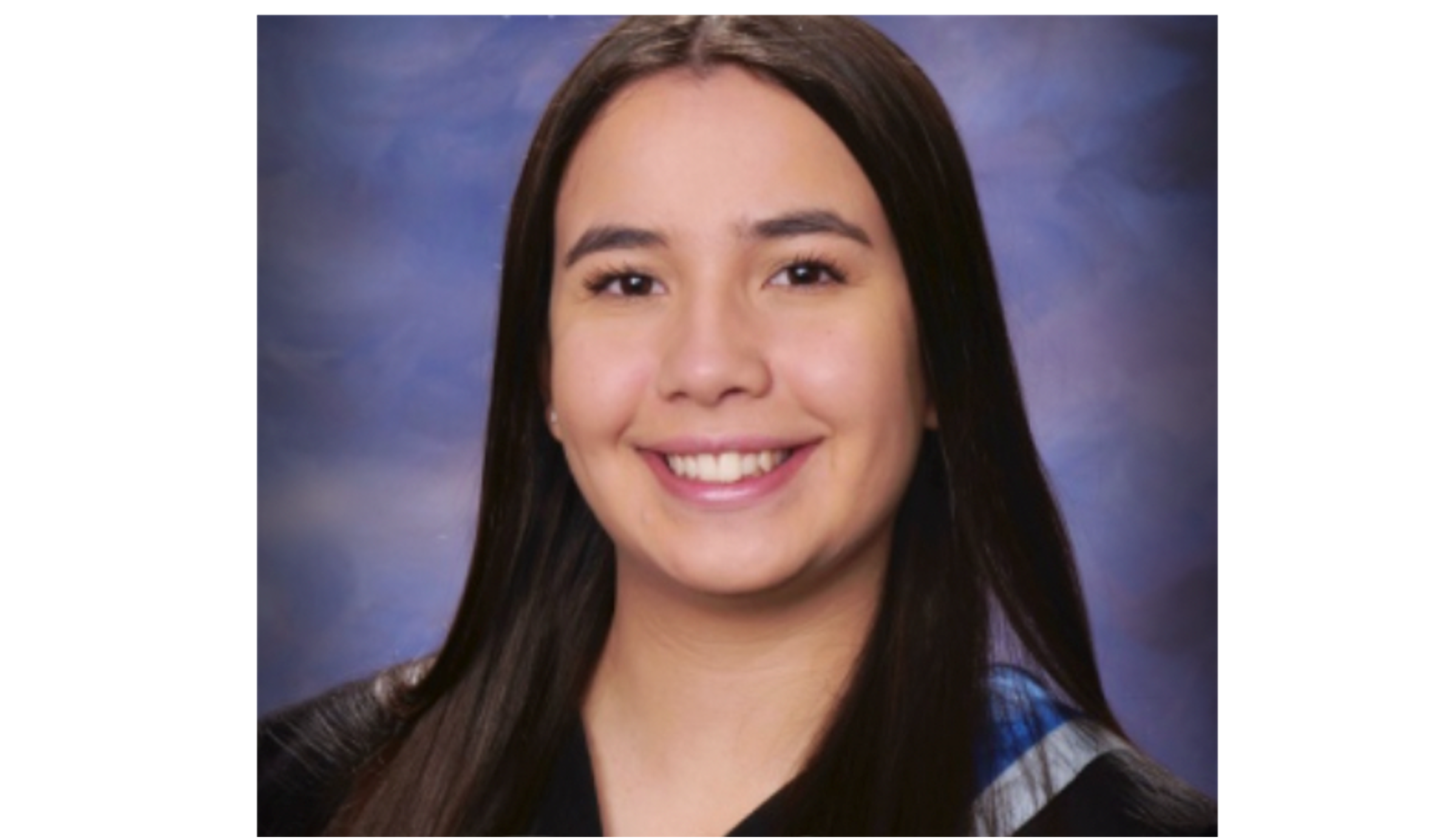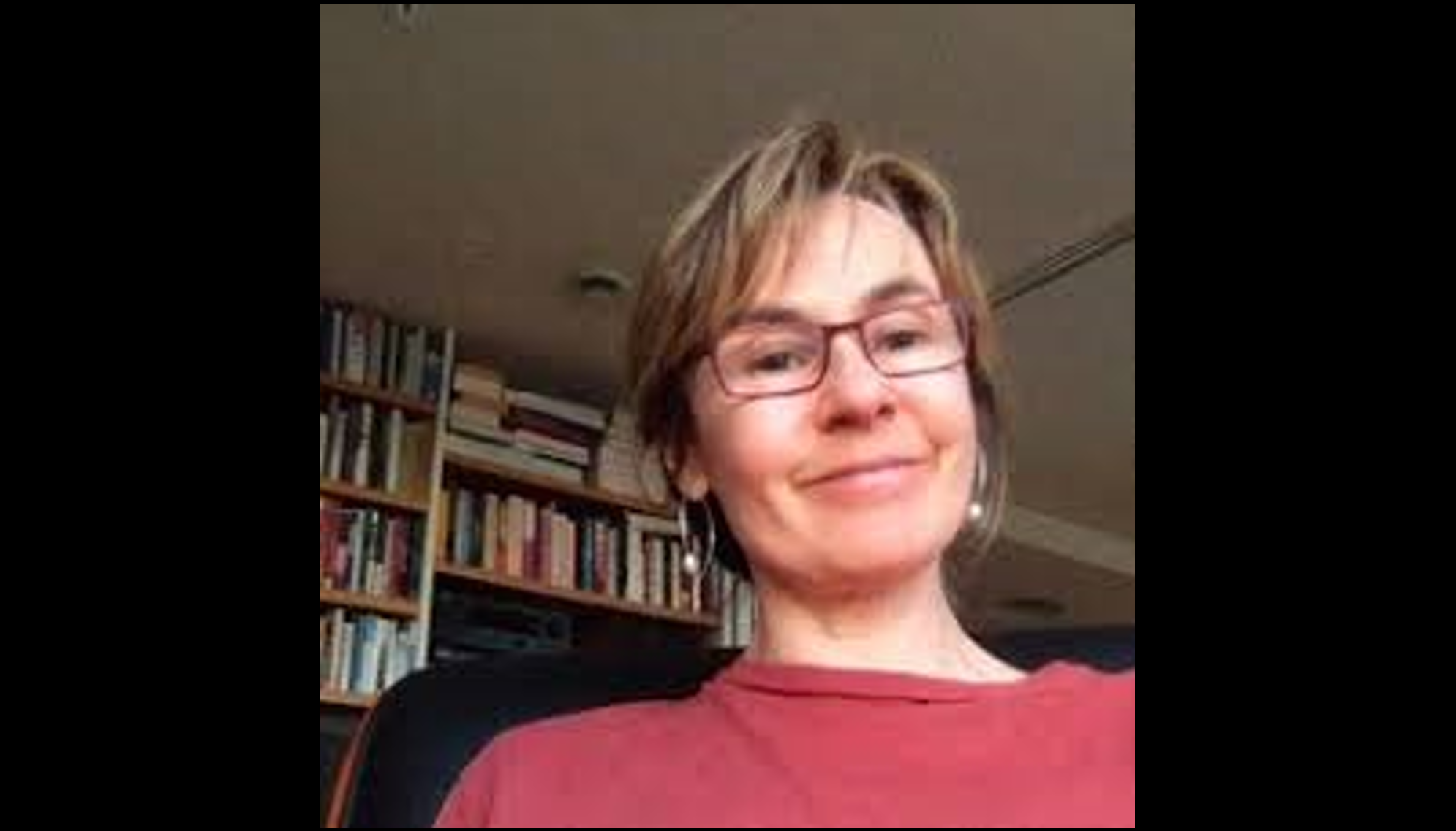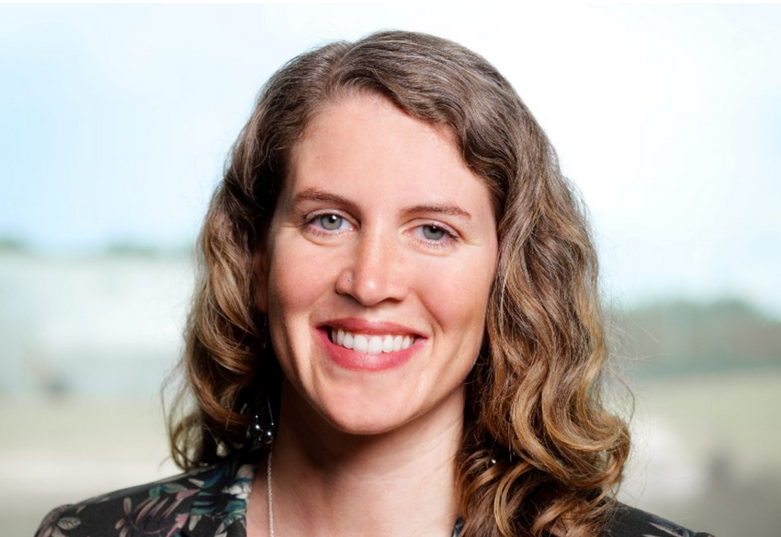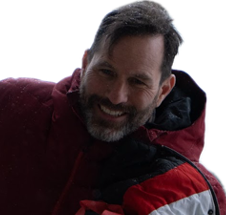Gisella Scalese Honoured with OCUFA Academic Librarianship Award
The Faculty of Education is proud to share that Gisella Scalese, Education Librarian (Thunder Bay campus) has received the Academic Librarianship Award from the Ontario Confederation of University Faculty Associations (OCUFA).
This prestigious award recognizes Gisella’s outstanding contributions and leadership in librarianship. As noted on the by OCUFA website, the award "embraces all aspects of librarianship that contribute to the scholarly achievement of all members of the university community."
Gisella has served as the Education Librarian since 2002. Her award nomination, led by Dr. Gerald Walton (Professor, Education), included letters of support from faculty, staff, and students that praised her dedication, her student-centered approach, and her advocacy for equity, diversity, and inclusion.
Gisella’s work has earned widespread admiration. Lakehead University President Dr. Gillian Siddall commended Gisella’s alignment with the university’s commitment to social justice, while the Lakehead University Students’ Union (LUSU) praised her support for international, Indigenous, and marginalized students. Faculty members also highlighted her collaborative approach, pedagogical insight, and the welcoming, inclusive learning environment she fosters. Here are some highlights of Gisella’s accomplishments that earned her this award.
Co-leading the Anishinaabemowik – Indigenous Languages Program Historical Documents Digital Archive
In 2023, Gisella co-led the creation of a digital archive dedicated to preserving teaching resources and documents from the Native Language Instructors Program, dating back to the 1970s. This initiative, developed in collaboration with the Anishinaabemowik Program Coordinator and Lakehead’s archivist, includes materials from longtime instructor Tom Beardy, whose family gave their blessing for the project. The archive now serves as a vital resource for those teaching Ojibway and Oji-Cree.
Enhancing Community in the Education Library, Thunder Bay
In 2016, Gisella initiated a reorganization of the education library space at the Thunder Bay campus in consultation with faculty, staff, and students. Her vision reshaped the physical space of the library into a vibrant, collaborative environment that supports academic and emotional well-being. Events like therapy dog sessions, craft nights, movie screenings, Lunar New Year celebrations, and Drag Storytime have brought students together, fostering a sense of community and belonging. Significantly, the redesign was accomplished with no additional expenditures beyond the existing library budget.
Hosting Drag Storytime and Building 2SLGBTQIA+ Resources
Gisella introduced Drag Storytime events at the Thunder Bay campus. In partnership with the Pride & Gender Equity Centre, she has curated an expansive collection of Pride resources including picture books, young adult fiction, non-fiction, and teaching materials on gender expression, Two-Spirit identity, and inclusive education. Inclusive signage and Pride flags greet visitors at the library entrance, offering a visible sign of support of diversity and inclusion.
Supporting Research and Teaching Excellence
Gisella has developed over 40 specialized library guides on topics such as Indigenous education, language instruction, and social justice literature, directly supporting teacher candidates, graduate students, and faculty. She has taken a leadership role in exploring the implications of AI in education, developing workshops and surveys to help the university community adapt to emerging tools.
Her award nomination was supported by 61 students who shared their experiences through a survey. Their testimonials speak to impact Gisella has had on their experience at Lakehead:
- Gisella is genuinely interested in hearing about my research and always asks for updates. She also reaches out when she comes across a potential research paper that I may find helpful.
- Every time I am at one of the traditional First Nations ceremonies that are hosted in the Faculty of Education, Gisella is there. I believe this speaks volumes to the person they are and their willingness to learn, support, and advocate for First Nations culture.
- She is always willing to go the extra mile to ensure that we have all of the tools we need to be successful as researchers.
- Gisella brought my attention to modern research technologies that have helped tremendously with my grad school research. [She] did this in a way that made me feel heard, empowered, and supported.
- Gisella puts on amazing events that bond our school community. She works so hard to provide us with the best resources, teaches us about the various tech we have access to, and is always a friendly and caring presence. If anyone deserves this award, it is her!
These comments speak to depth of Gisella’s influence—not just as a librarian, but as a mentor, advocate, and community builder. This well-deserved award honours both her remarkable career to date and the transformative power of libraries as community spaces that support teaching and learning.
